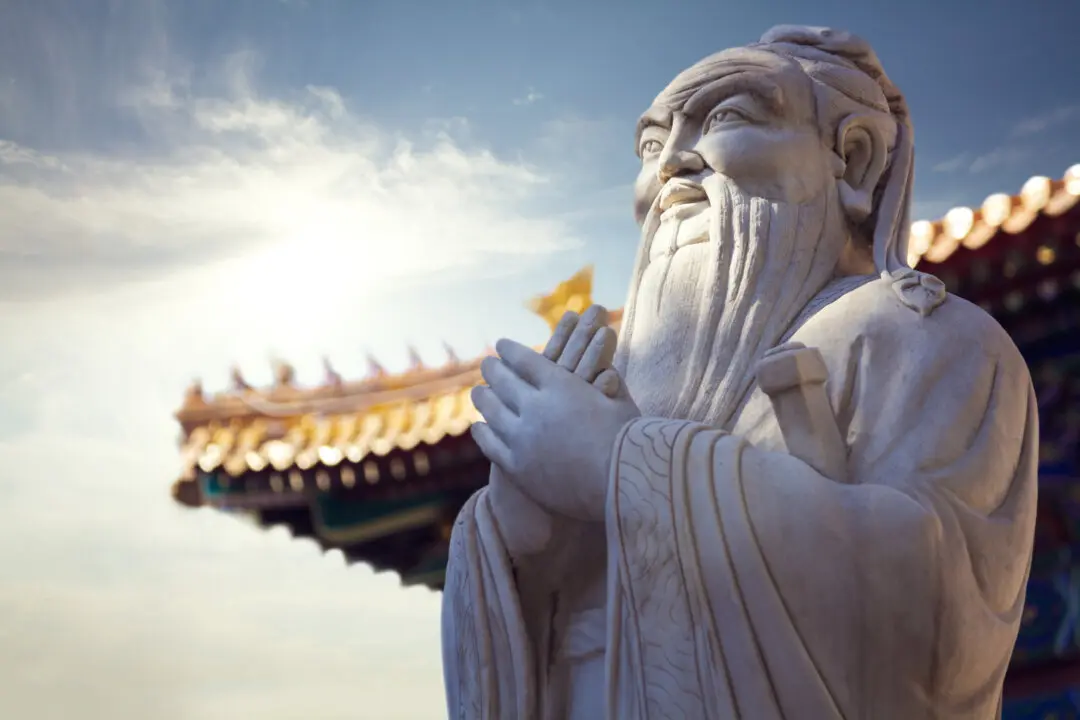Troops stationed on Taiwan’s front line are authorized to counter aggressive moves by the Chinese People’s Liberation Army (PLA) that are deemed a “first strike,” Taiwan’s Ministry of National Defense (MND) said on Oct. 13.
The PLA’s moves that are considered a first strike include planes, drones, or ships entering Taiwan’s territorial airspace and restricted maritime zones after the Taiwanese military has identified, intercepted, and played broadcasts to warn them away, according to Maj. Gen. Lin Wen-huang of the MND’s Deputy Chief of General Staff Operations and Planning Office.





